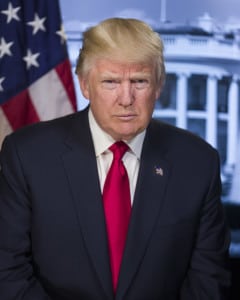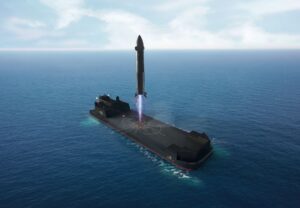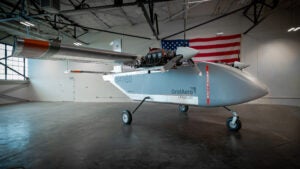
President Donald Trump on Friday elevated that status of U.S. Cyber Command in move he said would improve responses to cyber security threats and position better position it for resourcing.The transition of U.S. Cyber Command (USCYBERCOM) from a sub-unified combatant command under U.S. Strategic Command (USSTRATCOM) to a separate unified combatant command was expected and puts it on an equal footing with USSTRATCOM and the eight other unified combatant commands. The elevated status also means the commander will report directly…

 By
By 











